Introduction to DeepSeek vs Google Gemini:
The AI race is heating up with tools like DeepSeek and Google Gemini competing to dominate niches like data analytics, NLP, and automation. While DeepSeek targets enterprises with hyper-specialized models, Gemini leverages Google’s ecosystem for broad accessibility. In this guide, we dissect their strengths, weaknesses, and ideal use cases to help you pick the right AI ally.
DeepSeek vs. Gemini: Overview
| Aspect | DeepSeek | Google Gemini |
|---|---|---|
| Developer | DeepSeek Inc. | Google DeepMind |
| Latest Model | DeepSeek 7B (2024) | Gemini Ultra (2024) |
| Primary Focus | Data mining, industry-specific NLP | Multimodal AI (text, image, video) |
| Pricing | From $99/month (Lite) | Free tier + $20/month (Gemini Advanced) |
| Key Edge | Real-time analytics, compliance tools | Seamless Google Workspace integration |
Core Capabilities Compared
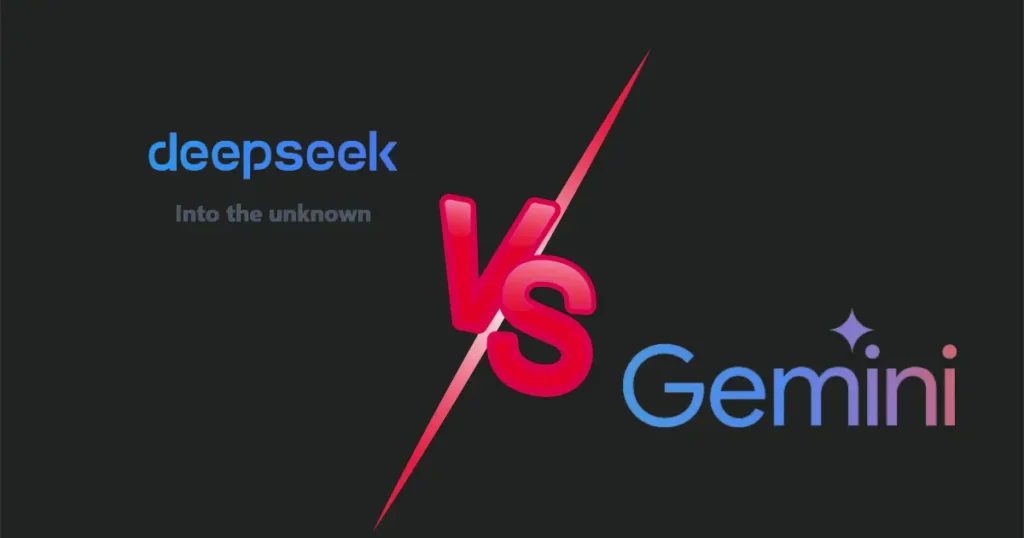
1. Natural Language Processing (NLP)
- DeepSeek:
- Excels in structured data tasks: sentiment analysis, financial reports, and technical summaries.
- Trained on niche datasets (e.g., medical journals, legal contracts).
- Weakness: Limited creative writing capabilities.
- Google Gemini:
- Masters multimodal interactions: generates text, analyzes images, and creates video summaries.
- Optimized for general-purpose tasks (e.g., email drafting, SEO content).
- Weakness: Struggles with highly specialized industry jargon.
2. Customization & Integration
- DeepSeek:
- Modular architecture for custom model training (Python/R required).
- Integrates with LangChain, Ollama, and AWS/Azure cloud.
- Offers API keys for proprietary app development.
- Google Gemini:
- Plug-and-play integration with Google Workspace (Docs, Sheets, Meet).
- Limited customization for non-developers but supports Vertex AI for enterprises.
- No native support for local deployment (Ollama).
3. Speed & Scalability
- DeepSeek:
- Processes 1M+ records in <10 seconds using GPU acceleration.
- Compact 7B model reduces computational costs for SMEs.
- Google Gemini:
- Prioritizes response quality over speed, especially for complex queries.
- Requires robust internet bandwidth for image/video processing.
4. Ethical AI & Compliance
- DeepSeek:
- Built-in bias detection and GDPR/CCPA compliance tools.
- Audit trails for healthcare and finance industries.
- Google Gemini:
- Uses Google’s AI Principles for ethical outputs but lacks industry-specific compliance features.
- Controversies around training data sourcing persist.
5. Accessibility
- DeepSeek:
- No free tier (14-day trial only).
- Steeper learning curve for non-technical users.
- Google Gemini:
- Free tier available with Gemini Pro.
- Intuitive UI for casual users.
Use Cases: Which Tool to Choose?
DeepSeek is Ideal For:
- Financial Forecasting: Real-time stock market analysis.
- Healthcare Data Anonymization: GDPR-compliant patient insights.
- Supply Chain Automation: Predictive inventory management.
Google Gemini Shines For:
- Content Creation: Blog drafting, video scripts, and social media posts.
- Google Workspace Tasks: Auto-generating Sheets formulas or Gmail replies.
- Education: Interactive learning with image-to-text explanations.
Strengths & Weaknesses Summary
| Tool | Strengths | Weaknesses |
|---|---|---|
| DeepSeek | – Industry-specific accuracy – Compliance-ready – Cost-effective 7B model |
– No free tier – Requires coding skills |
| Google Gemini | – Multimodal versatility – Free access – Google ecosystem synergy |
– Generic outputs – Privacy concerns |
Pricing & Plans
- DeepSeek:
- Lite: $99/month (basic analytics).
- Pro: Custom pricing (enterprise support, API access).
- Google Gemini:
- Gemini Pro: Free (text-only tasks).
- Gemini Advanced: $20/month (multimodal features, Google One integration).
Future Roadmap
- DeepSeek: Expanding quantum computing integration for faster simulations and launching sector-specific models (e.g., DeepSeek Legal).
- Google Gemini: Adding real-time collaboration in Workspace and improving image-to-video AI.
FAQs: Answering Top Google Queries
1. Is DeepSeek better than Gemini for data analysis?
Yes. DeepSeek’s 7B model and real-time analytics outperform Gemini in structured tasks like financial forecasting or medical data parsing.
2. Can Gemini replace DeepSeek?
Not entirely. Gemini suits creative and general-purpose tasks, while DeepSeek dominates technical, data-heavy workflows.
3. Does DeepSeek work with Google Workspace?
No, but it integrates with AWS and Microsoft Azure. Use Gemini for direct Workspace synergy.
4. Is Gemini free forever?
Google offers a free tier for Gemini Pro, but advanced features (e.g., 1M+ token context) require Gemini Advanced ($20/month).
5. Which tool is safer for sensitive data?
DeepSeek, with GDPR compliance and on-premise deployment via Ollama. Avoid Gemini for confidential data due to cloud-only processing.
6. Can I use both DeepSeek and Gemini together?
Absolutely! Example: Use DeepSeek for inventory analytics and Gemini for marketing content.
7. How do I get a DeepSeek API key?
Sign up for DeepSeek Pro, navigate to the developer dashboard, and generate a key under “API Settings.”
8. Does Gemini support local deployment like Ollama?
No. Gemini runs exclusively on Google Cloud, while DeepSeek supports local deployment via Ollama.
Conclusion: DeepSeek or Gemini?
- Choose DeepSeek if you need industry-specific precision, compliance, and scalability (e.g., healthcare, finance).
- Pick Gemini for multimodal creativity, free access, and Google ecosystem integration.
For hybrid workflows, combine both: Gemini for customer-facing content and DeepSeek for backend analytics.
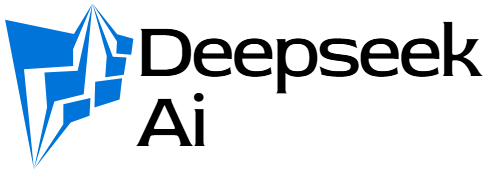
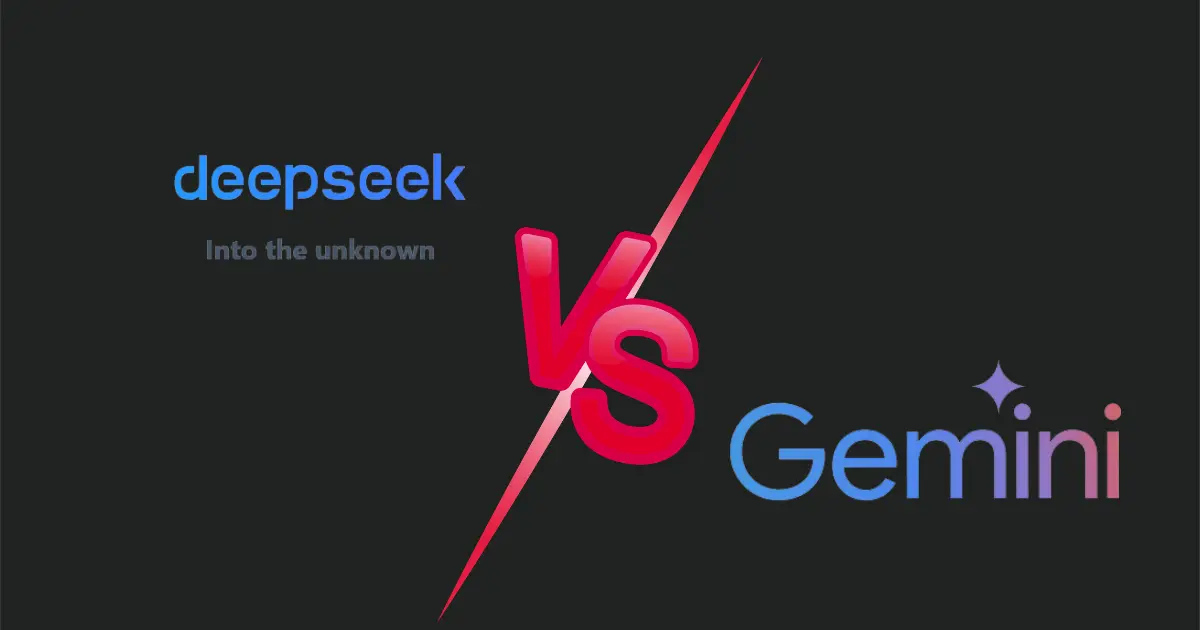
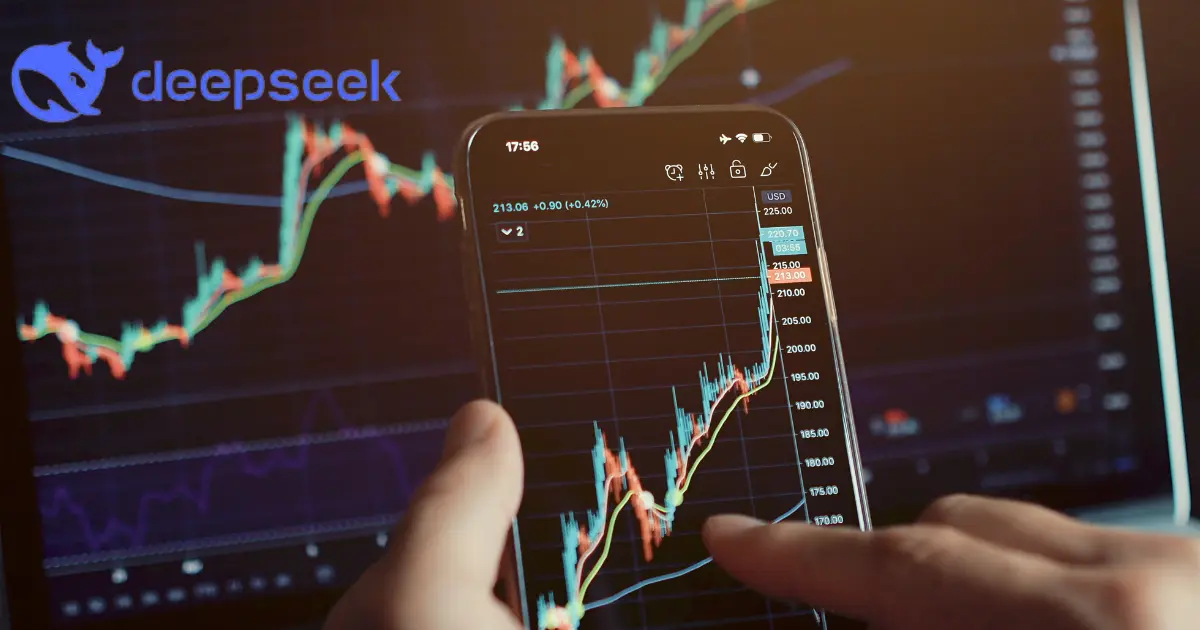
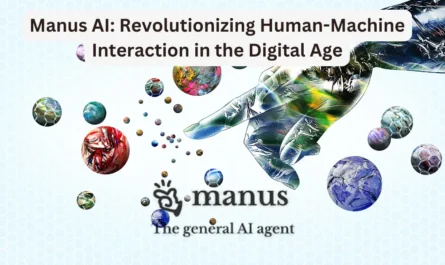
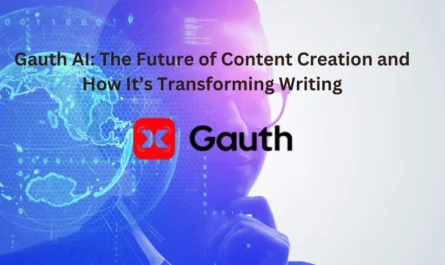
2 thoughts on “DeepSeek vs Google Gemini: Key Differences”